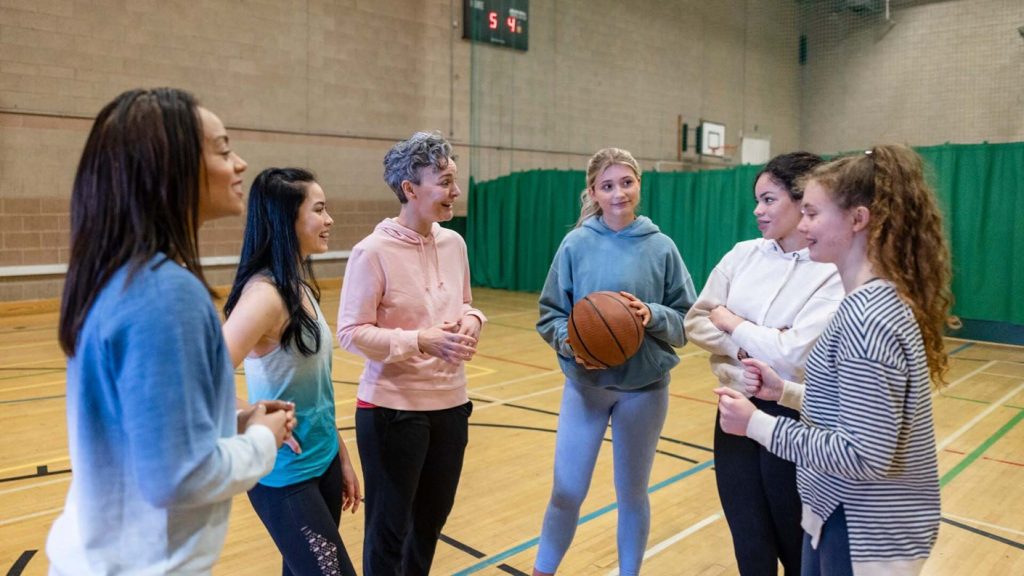Earlier this week, Sport England released a year four update on the progress made by Uniting the Movement, their 10-year strategy.
The update highlights the work that has been taking place across the sector to ensure that more people, regardless of their age, gender, background or where they live, to have a more active life and reap the benefits of active wellbeing.
Integral to achieving this and all of the ambitions set out in Uniting the Movement, is a skilled, recognised workforce.
“The people who spend their time helping others be active are our most precious resource and their potential is limitless – they’re the key to adopting and achieving the ambitions in this strategy. Who they are, where they’re from, how they’re recognised and how they’re supported to do what they do matters.” Uniting the Movement, Sport England
As part of the update on work to tackle the five big issues which have the potential for preventing and tackling inequalities in sport and physical activity, Sport England have highlighted the impact of the local skills delivery project, managed by CIMSPA.
The local skills hubs created through the Sport England funded project, bring together employers, education providers, employability-focused organisations, health commissioners and other stakeholders to ensure that skills development in a locality is aligned with the needs and priorities of the local area. This is designed to ensure that the sport and physical activity sector can deliver health, economic and social benefits right across the country.
Tara Dillon, CEO of CIMSPA said,
“Sport England recognise that a talented, dedicated, professionally recognised workforce is the foundation to all of the ambitions that are set out in Uniting the Movement. Without a skilled workforce, it’s impossible to engage people in activity and sustain their commitment to an active lifestyle and all of the benefits that we know that brings for individuals, families and communities.
The investment that Sport England has made to start the creation of local skills hubs has seen 35 local skills accountability boards established so far. These boards have an integral role in enabling Sport England to ensure that it has the professionals and skills on the ground to really address the barriers that are preventing people from being active.
The local approach is integral. These boards not only include training providers, colleges, universities and employers of all sizes, they also include representation from the NHS through integrated care boards and health commissioning groups, from local and mayoral authorities, from DWP via local Job Centre advisers, from community leaders and a wide range of other stakeholders such as housing providers, the Chamber of Commerce and many more.
Each board is creating and implementing a local plan which sets out how local priorities can be directly addressed through the development of skills which meet local needs. For example, we’re seeing curriculum design being completely realigned to ensure that those completing courses are equipped with the skills to enable employers to offer services which appeal and support participation from groups of people who are physically, and often also economically, inactive.
As the project moves forward and more and more impact is delivered, it’s essential that the boards continue to track changing local needs. Employers have been incredibly receptive to this collaborative approach as through the skills diagnostics completed by over 1,000 employers, they are ensuring that their current and future employees have the skills that they need.
This work, pioneered by our sector through this project, is a blueprint for the direction of travel that we are seeing from national government in terms of devolution, the Get Britain Working strategy and the creation of Skills England – driving the shape and skills of the workforce across all sectors according to local needs and priorities.
As we look ahead and see more local boards and areas create skills plans that will ultimately get more people active, particularly in the localities that Sport England research has found need the most help to tackle inactivity, our professionally recognised workforce will continue to be the key to unlocking the benefits of sport and physical activity for the whole population.”




